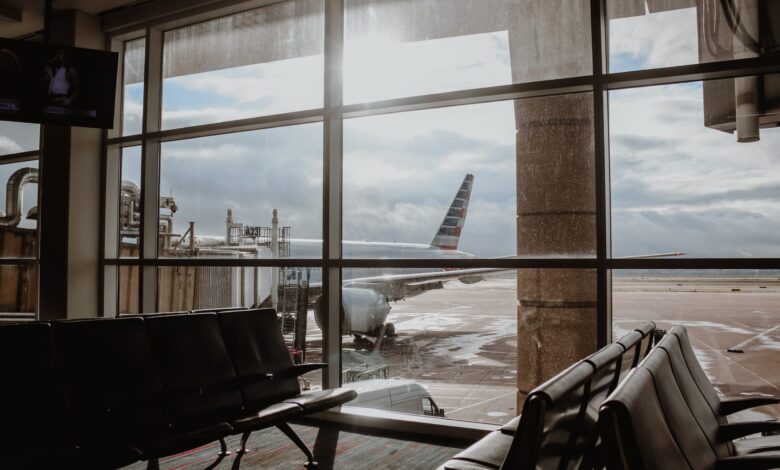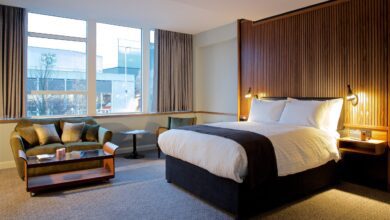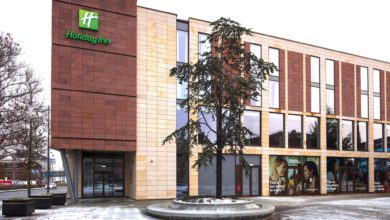Bleisure trips becomes ‘mainstream’ component of hospitality and travel demand
Other motivations included the cost of living (37%), the facilities at the accommodation (36%) and availability of family or friends at the destination (31%)

‘Bleisure’, a trend of combining a work trip with leisure activities, is becoming a mainstream and sustained component of hospitality and travel demand, according to new data from global professional services firm Alvarez and Marsal (A&M).
According to the survey of 3,818 global travellers, close to a third (31%) have taken combined business and leisure trips in the past 12 months.
The report revealed that the demand for bleisure trips has implications for how travel and hospitality operators are defining their products, brands and distribution, as well as for investors and owners insofar as the CAPEX choices are being made at the asset level.
When examining the reasons behind the growth, A&M said the prevailing motivation was the flexibility afforded by working schedules (41%), demonstrating the profound impact that additional versatility around working schedules, post-pandemic, is having upon holiday habits.
Other motivations included the cost of living (37%), the facilities at the accommodation (36%) and availability of family or friends at the destination (31%).
Regarding the approach to bleisure travel, only a minority (27%) indicated the preference for leisure as a precursor to a work-related trip, whilst nearly half (45%) extended their business trips with leisure activity at the end, showing a desire to explore following work commitments.
Notably, bleisure trips tend to be relatively short in duration, with only 4% of respondents opting to extend their stay by five nights or more.
Ed Bignold, managing director with A&M and head of Travel, Hospitality and Leisure, said: “The travel industry has demonstrated extraordinary post-Covid resilience, and the rise of ‘bleisure’ trips to a mainstream travel option is yet another example of how the industry has adapted and flexed to consumers’ ever-changing preferences.
“This latest data is most interesting however, as it provides evidence that the new ‘bleisure’ demand base is both more significant than many expected and being sustained over a meaningful period of time.”









